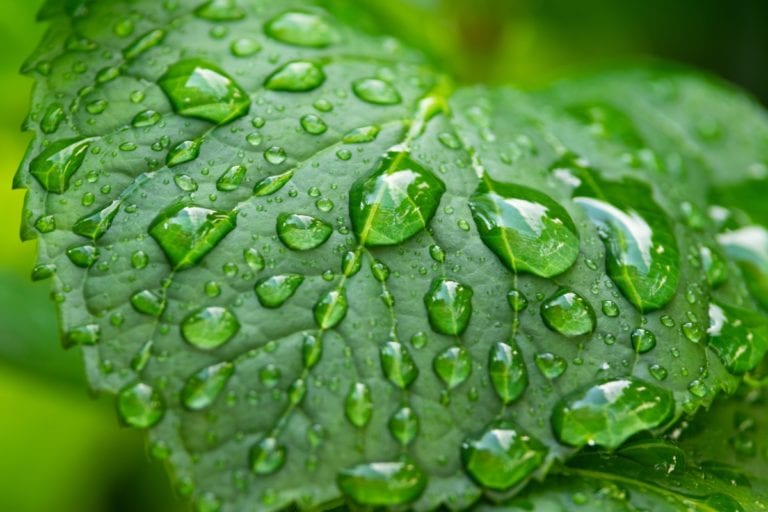Similar Posts

772nd Week: Practicing the Art of Blessing
I’ve written a number of times about themes such as gratitude and kindness, qualities that are deeply needed in our personal and collective lives at this time. For this week’s practice, I want to share some thoughts about the practice of blessing as a form of subtle activism.
For many of us, there may be times when we feel overwhelmed by all the negativity, anger, incivility, and harm unfolding all around us, seemingly everywhere on the planet. For some of us, various forms of subtle activism represent something we can do to contribute even as we attend to our everyday responsibilities and activities. Many people turn to prayer as a form of subtle activism, while others come together in groups to practice with healing images offered to individuals, groups, non-human lifeforms, and the planet as a whole.
One of the things I have found very helpful has been to engage in an active practice of offering blessings—usually silently—as I move through my daily activities. For example, I bless my home as I come and go from it, I bless my office when I come in the morning and before I leave in the evening. Along with these blessings, I express gratitude and this has been a habit over many years now.
Read More “772nd Week: Practicing the Art of Blessing”
901st Week: The Importance of Self-Compassion and Self-Kindness
For many of us, the idea that we can’t truly love others until we love ourselves is a long-standing piece of advice. Lately, I’ve been hearing more about self-compassion and the research being done on it and its companion, self-kindness. When I heard someone talk about self-kindness, I began to think about how readily we will, at times, treat ourselves in ways we would never imagine treating someone else and that got me to thinking even more deeply about the importance of self-kindness. I also got to thinking about how, when we are accustomed to treating ourselves with compassion and kindness, we are more likely to automatically express these qualities to others.
Without question, most of us walk around with a certain degree of negative self-talk going on, even when we don’t pay much attention to it. Developing a habit of orienting to self-compassion and self-kindness asks us to pay attention to our self-talk and intervene when we discover that we are treating ourselves in unkind ways, replacing critical or negative thoughts with those that reflect active expressions of self-compassion and self-kindness.
One of the things that helps support being kinder to ourselves is something I’ve written about before—the inevitability of our wholeness and the foreground/background dynamic that unfolds in our process from moment to moment. When we can accept that we have a wholeness that contains everything a human is capable of expressing or doing, we can recognize that our ongoing practice can be one of noticing how we move through the world and then learning ways to bring into the foreground of our experience those qualities and states of being that reflect and express compassion and kindness.
Read More “901st Week: The Importance of Self-Compassion and Self-Kindness“
738th Week: The Gifts of Silence
I would never have thought of myself as someone who is easily distractible, or even has a tendency in that direction, but I have to admit that after a number of years of attending to social media, I have learned to be distracted, which is a great surprise to me. As a psychotherapist, being focused is part of what I do every day, just about all day, and yet I notice that in my personal life my tendency now is to jump around from focus to focus in ways that are entirely new to me.
This development has gotten me to thinking about not only the benefits of regular mediation, which I don’t do in as focused a way as I used to, but also the importance and gifts of silence. Thinking about distraction took me back to some notes I collected about silence a couple of years ago and I want to share them here. The benefits of silence are profound and cultivating practices that include it becomes increasingly important in these times where there are so many ways to be distracted.
Read More “738th Week: The Gifts of Silence”